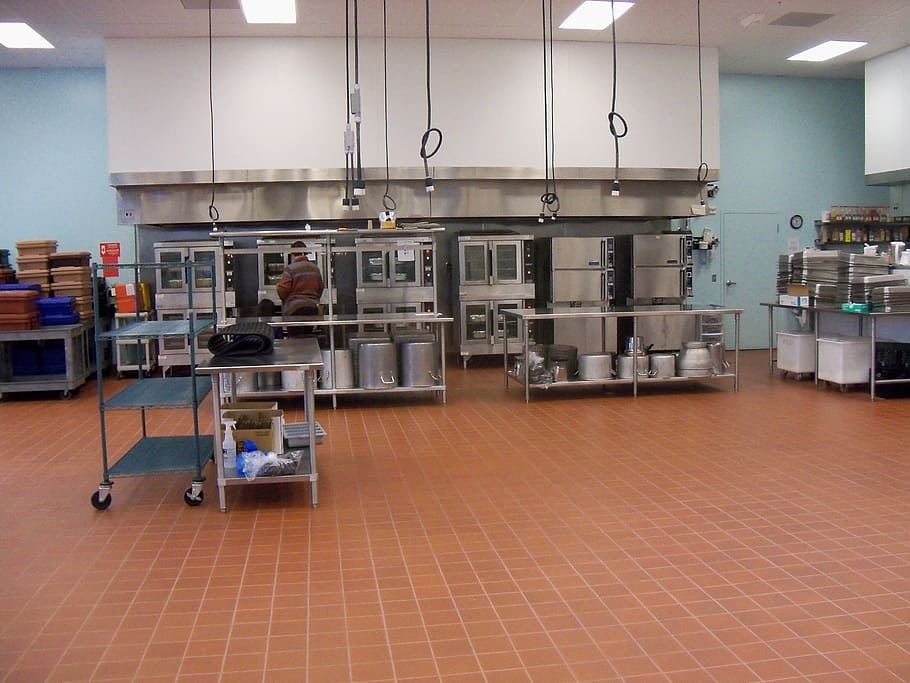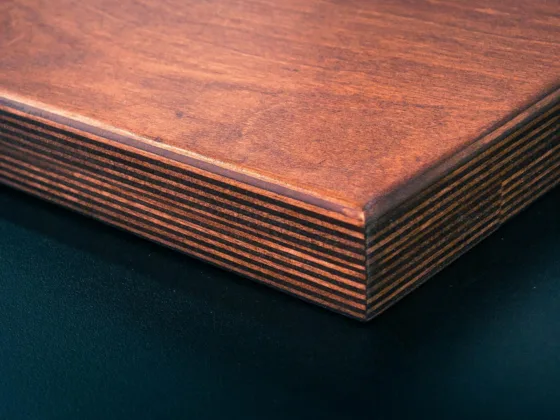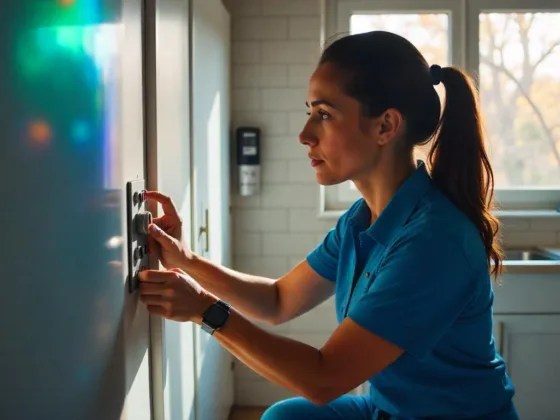Table of Contents Show
Restaurants can be an expensive business proposition to undertake.
Apart from the cost of the initial investment on the premises and marketing, one of the biggest expenses is equipment.
It is common knowledge in the restaurant world that failure is inevitable, especially within the first two years. Here’s how you can avoid the pitfalls of many uninformed restaurateurs:

Common Reasons for Restaurant Failure
- One of the most frequent reasons why restaurants don’t do well within the first few years of operation or fail entirely is underestimating the funds needed to run the establishment.
- Location is key to having high traffic to your restaurant. A high footfall guarantees that your operation will run more smoothly.
- Promoting your brand is very important to get your name out. Marketing is essential to running a successful business.
- Fresh ingredients are key to better food. Keep an eye on your inventory and remember that fresh ingredients are essential for alluring menu items.
- It’s always helpful to remember that the restaurant industry has some fierce competition. Fresh ideas make you stand out from the rest.
Common Mistakes While Buying Commercial Kitchen Equipment
Buying More than you Need
Purchasing extras can be detrimental to your budget, not only in terms of inventory but also for appliances like commercial kitchen & restaurant equipment.
Lack of Proper Research
Knowing your market well is winning half the battle. Proper research can help you identify your clientele and market demands.
Failing to Research and Shop Around
It is imperative to running a successful business that you look for good deals for your equipment and menu ingredients.
From commercial refrigeration equipment to kitchen essentials, shopping for the best deal can save you a sizable sum of money.
Ignoring Energy Efficiency
Modern kitchen equipment comes certified with energy-saving attestations.
Taking energy costs and calculations into account can help you save a remarkable amount of money in terms of utility bills.
Not Inspecting Equipment on Delivery
Commercial kitchen and restaurant equipment can be bulky and heavy.
Transporting them is not cheap and loading/unloading them can be an arduous task.
Make sure you inspect your purchased equipment thoroughly to check for damage during transit.
Ignoring Warranties
Commercial kitchen appliances from trustworthy brands usually carry a decent warranty for your peace of mind.
Even if you are purchasing used equipment, check to see if the warranties can be transferred to you.
This will certainly save you expensive bills if the equipment malfunctions or breaks down completely.
Purchasing the Wrong Equipment Size
Before settling on an appliance, make sure it fits your usage space.
This may include ensuring proper room for refrigerator/freezer ventilation, correct fitting for drop-in units, and height/width for installing under-counter appliances.
Read Also:
Factors to Consider When Buying New Equipment for Your Commercial Kitchen
Total Cost of Ownership
Buying a new appliance for your commercial business is only a partial calculation in terms of the cost of running the machine.
Equipment such as refrigerators and ice machines require constant, always-on usage.
Additionally, kitchen appliances like stove ranges and grills require electricity or gas to run.
All of these costs factor into the total cost of using your kitchen equipment on a daily basis.
Warranties and Maintenance
Warranties provide you with peace of mind for when things may go wrong.
An extended warranty can help you cover long-term usage and save you money on possible repair costs.
Likewise, investing in accessories that help prolong the life of your appliance keeps maintenance costs down.
Shipping Costs
Shipping and delivery can be expensive for large kitchen appliances.
Look for sellers that provide free-of-charge shipping and take care of delivery costs.
Pros and Cons of Buying Used Restaurant Equipment
- Restaurant equipment can be an expensive upfront investment. Depending on the size of your operation, these costs may rack up thousands of dollars.
It may be a good idea to look for used restaurant equipment to save on these costs.
A proper inspection of the appliances and transfer of warranty to your name may help save you money.
- On the other hand, if the equipment you would like to purchase is used and out of warranty, you may have to deal with machine breakdowns and repair costs.
It’s a wise idea to thoroughly inspect used equipment before you decide to purchase it.
Essential Restaurant Equipment Buying Checklist
The Need of the Restaurant
Restaurant needs vary depending on the size of your operation and your menu specializations.
For instance, sushi restaurants may require specific refrigeration equipment while steakhouses may call for grills and salamanders particular to their usage.
Cost and ROI
Restaurant equipment can be expensive and a new restaurateur may get pulled into buying equipment that may not be essential.
It is vital to factor in the costs of equipment and how long it would take you to recover upfront expenditures.
Space Utilization
Space is often an issue with larger restaurant equipment. Make sure you take proper measurements before making a purchase decision on restaurant equipment.
User Friendliness
Equipment that is user-friendly and easy to use ultimately reduces the need to train staff members in proper use.
This can help you reduce costs of labor and have a happier staff that has to spend less time fiddling with machinery.
Speed
Ultimately, the purpose of commercial appliances is to reduce speed and improve workflow.
Look for appliances that reduce manual time investment and can automate processes to increase efficiency in your kitchen.
Maintenance
Commercial restaurant equipment is meant to be heavy-duty and as such, it may require regular maintenance for optimal operation.
It is best to inquire about maintenance requirements beforehand and to do due diligence to ensure its upkeep.
Buying the ideal commercial restaurant and kitchen equipment can be difficult.
Procuring advice from an experienced veteran in the industry certainly helps.
Whether you are buying used or new equipment, a thorough inspection and measurements of the user space will certainly go a long way in creating an uncluttered, efficient kitchen for your restaurant.
Author Bio:
Damon Shrauner, Senior Sales Consultant and VP on B2B Sales at CKitchen, working in the foodservice equipment sector since 1994. With his expertise in market analysis, product placement, sales, and project management, he will always tell you what to do for the best of your business.










